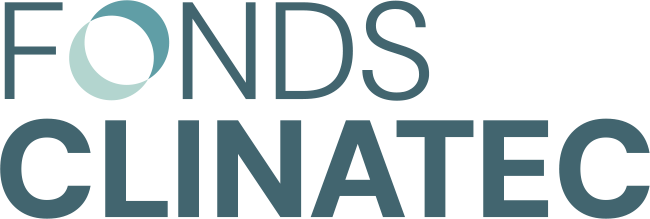Accueil / Projects / Clinatec endowment fund projects
Clinatec endowment fund projects
Fonds Clinatec is a research center in its own right. As such, it conducts its own research projects in-house. These projects receive support from the Clinatec endowment fund’s partners and donors.
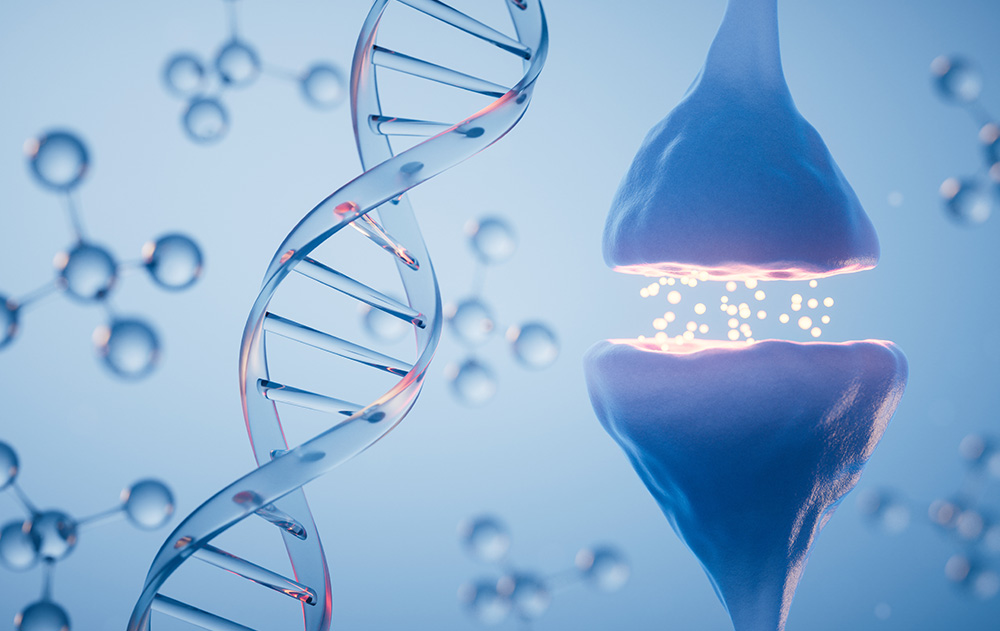
BioPhotons / Covea Neurotec
The Covéa Neurotec program aims to study the influence of photobiomodulation on neurodegenerative pathologies, particularly Alzheimer’s disease (AD).
The BioPhotons project focuses on the analysis of light emitted by brain cells. This light varies according to the disease and could become an early marker.
In the first part of the study, the Fonds Clinatec team is carrying out in vitro tests to establish the characteristics of photons emitted by diseased cells.
The second phase—preclinical trials—will test the feasibility of biophoton measurement in a mouse model of Alzheimer’s disease.

Amodalz / Covea Neurotec
The Covéa Neurotec program aims to study the influence of photobiomodulation on neurodegenerative pathologies, particularly Alzheimer’s disease (AD).
The first objective of the Amodalz project is to demonstrate the neuroprotective effects of infrared light on the characteristics of Alzheimer’s disease (amyloid deposition, neurofibrillary tangle, neuroinflammation, etc.), using a pre-clinical model of Alzheimer’s disease.
The project will also test photobiomodulation (PBM) treatment in relation to the body’s circadian rhythms so that it can be optimized for patients’ internal clocks.
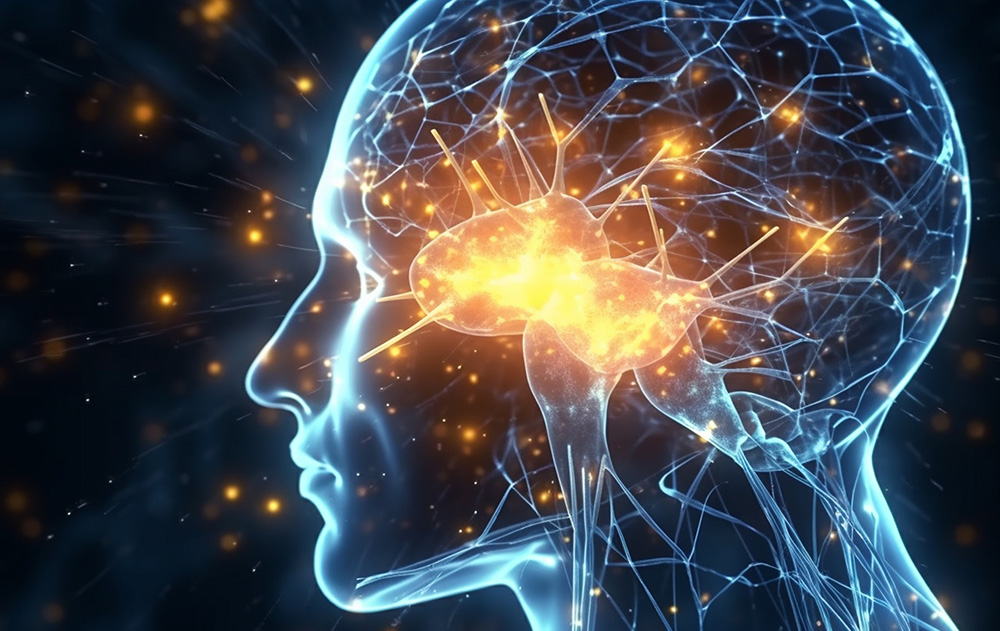
Tiroc / Covea Neurotec
The Covéa Neurotec program aims to study the influence of photobiomodulation on neurodegenerative pathologies, particularly Alzheimer’s disease (AD).
The Tiroc project involves a clinical trial to study the impact of near-infrared light applied extra-cranially on the brain activity of young and elderly subjects.
During functional MRI sessions, each subject will be in a resting state, then perform motor and cognitive tasks. The results will be used to map the effect of photobiomodulation in the brain.
In a future clinical trial, this protocol will be applied to Alzheimer’s patients.

KLESIA SomniBrain
Supported by KLESIA and Carcept Prev
As sleep disorders are an aggravating consequence of many neurological pathologies, the SomniBrain project aims to measure the impact of photobiomodulation on sleep quality, and to study its preventive and curative effects, in the context of Parkinson’s disease.
Pre-clinical cognitive and motor tests were carried out on Parkinsonian subjects after near-infrared illumination during sleep.
The test results can be used to monitor the evolution of the pathology and verify the impact of photobiomodulation.
Dr Brigitte Piallat – Pr John Mitrofanis – Magali Bartolomucci – Kevin Paul
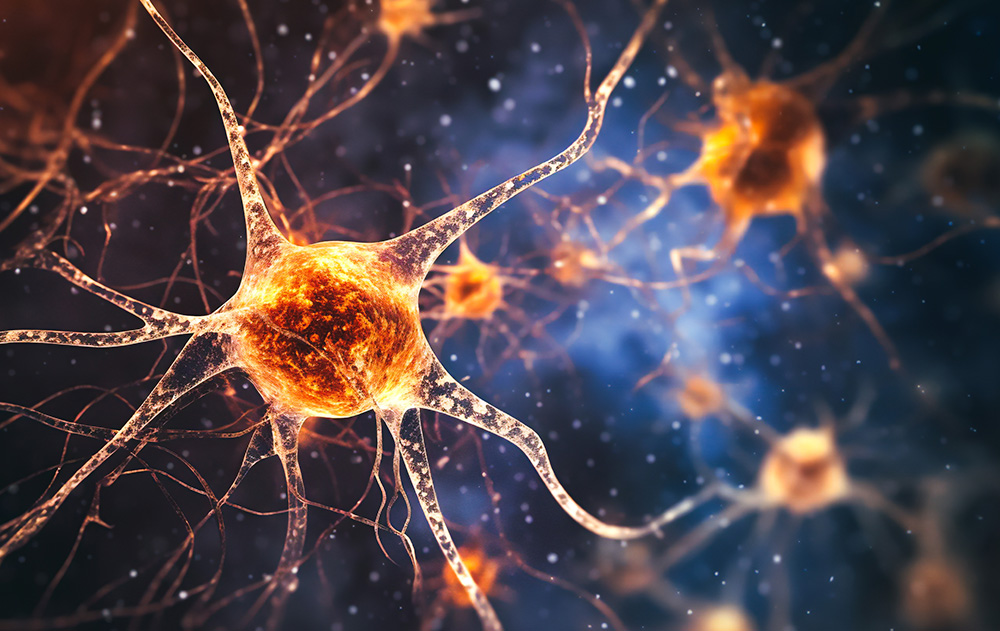
AstroPark
The aim of the Estime project is to understand the mechanisms triggered by electrostimulation at the cellular level.
By providing answers to some fundamental questions, this research will help scientists improve how these techniques are used.
The mechanisms of electrostimulation are analyzed using an in vitro electrical stimulation bench.

DBS Sommeil
The DBS Sommeil project focuses on Parkinson’s disease, and more specifically on the regulation of sleep disorders using Deep Brain Stimulation (DBS).
Based on a defined pre-clinical model, different stimulation frequencies are tested to assess their impact on sleep and the possibilities for regulating it.
This approach could re-establish a normal sleep cycle in Parkinson’s patients, helping to combat the progression of the disease.
Dr Brigitte Piallat – Nathan Barbe
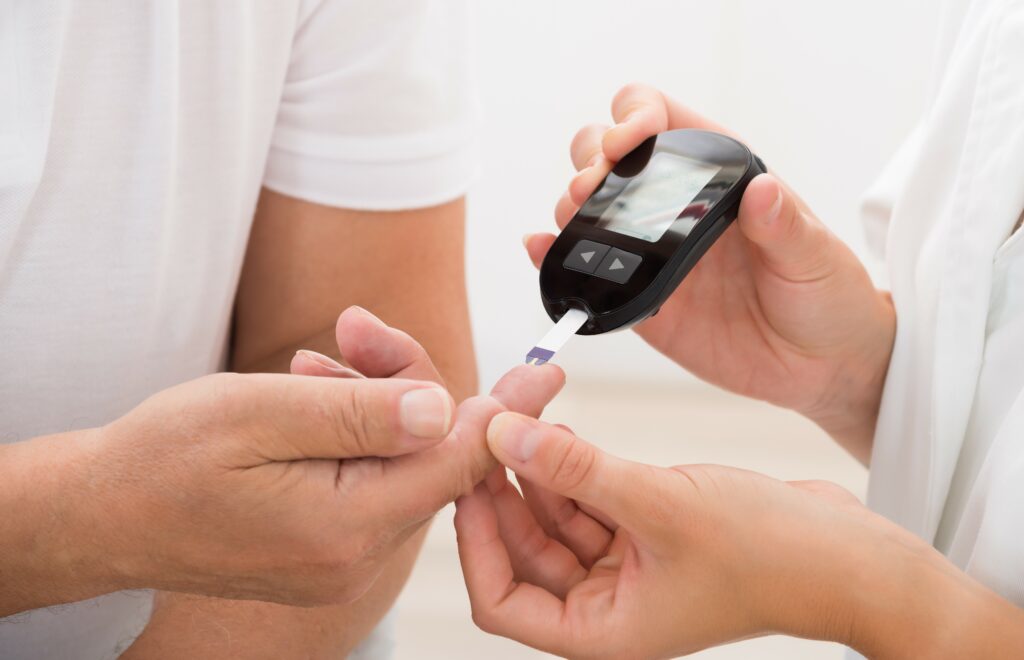
Diabete & Stress
The Diabetes and Stress project involves developing a simple, widely accessible tool for recognizing and quantifying stress states. This is particularly relevant for diabetics, as stress can significantly affect blood sugar levels, which play a major role in the condition.
The first mission is to test different classification algorithms on a voice database, and to identify stress markers. Subsequently, these algorithms will be adapted for application to a database containing several types of data, including voice and physiological data. A clinical study is planned with the recruitment of diabetic patients to monitor stress and glycemia precisely and in depth using the developments made.
In the medium term, the aim is to transform the research findings into a practical and effective tool for patients and healthcare professionals.
Pr Pierre-Yves Benhamou – Dr Charline Bour
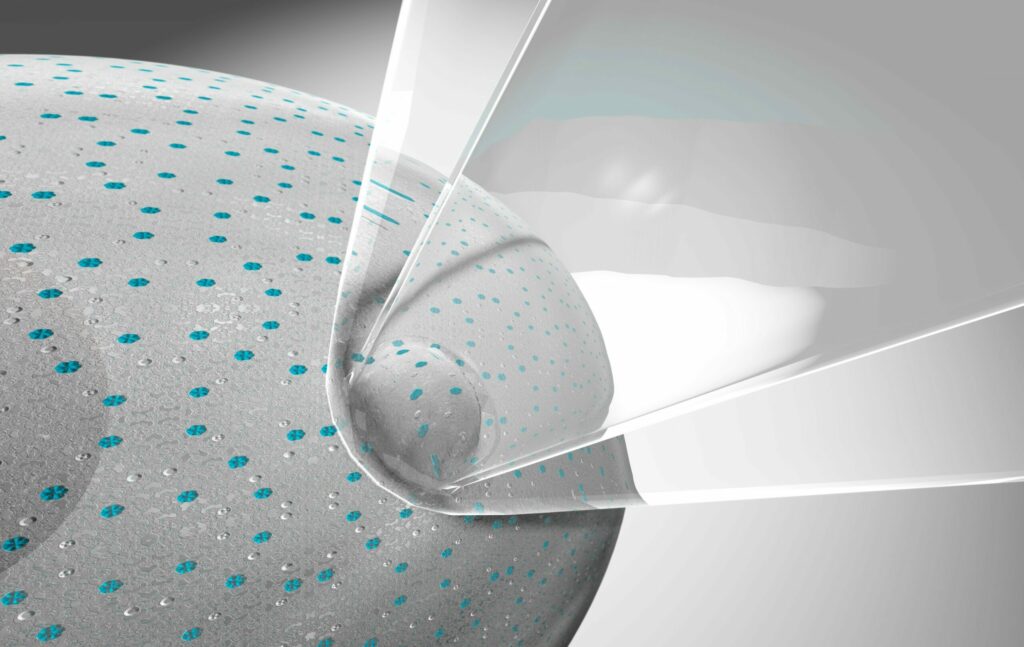
PatchLight
The PatchLight project aims to study how photobiomodulation can modulate the activity of neurons and astrocytes, under physiological and pathological conditions.
PatchLight is a contraction of Patch Clamp, a technique for recording electrical activity transiting cell membranes, and Light, referring to the use of infrared light.
The aim is twofold : check whether the infrared light can also have an effect on healthy cells, or if it only works on dysfunctional cells. The project will also enable us to demonstrate that, in addition to influencing the metabolic state of neurons and astrocytes, light can also affect their communication.
Pr John Mitrofanis – Dr José Martinez-Hernandez
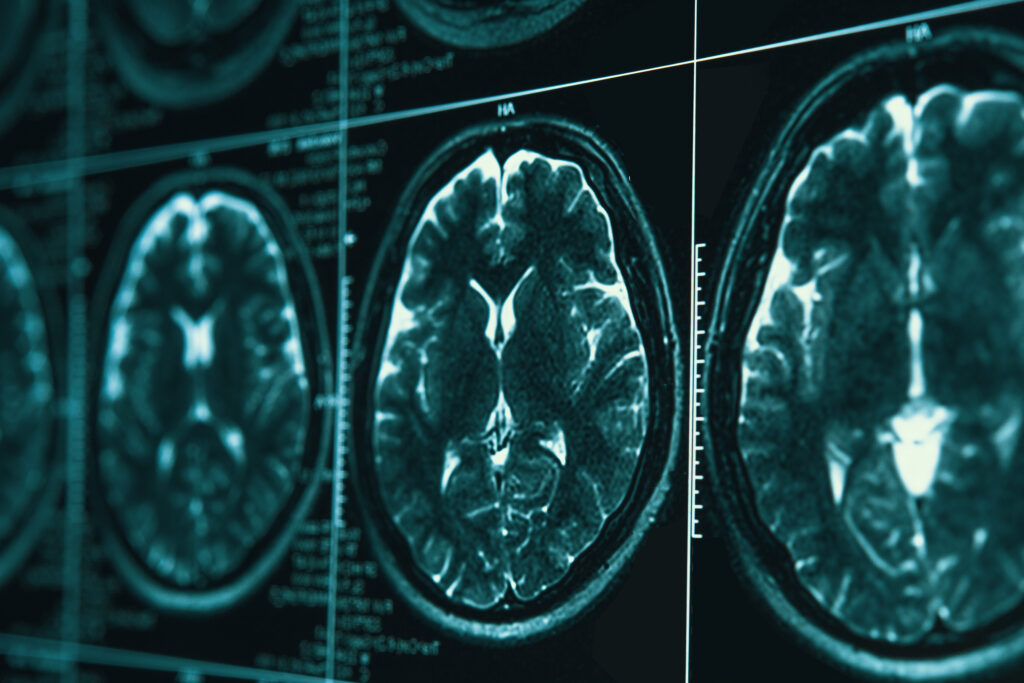
Lewy body dementia
This project aims to develop a medical device using photobiomodulation to treat Lewy body dementia.
Lewy body dementia is a neurocognitive disorder characterized by the abnormal formation of alpha-synuclein protein deposits inside the brain’s nerve cells. This accumulation leads to a variety of symptoms similar to those seen in Alzheimer’s and Parkinson’s diseases.
The LUCIOLE Cap is a prototype medical device developed by Fonds Clinatec to study the impact of photobiomodulation on brain cells in Lewy body disease. A clinical trial, conducted in collaboration with Strasbourg University Hospitals (HUS) and involving 17 patients, is scheduled to start in 2024.
Pr John Mitrofanis – Dr Malvina Billères – Lucile Cochard – Edouard Leroy [CEA]

Cardiology
The Cardiology project is exploring the efficacy of a photobiomodulation treatment for myocardial infarction. This could not only help limit the cell death caused by infarction, but also facilitate the subsequent repair process.
In the case of cardiovascular accidents such as myocardial infarction, infrared light can act at the heart of cells to promote recovery of microvascularization.
LUCIOLE Strap is a prototype medical device designed by Fonds Clinatec to study the impact of photobiomodulation on cardiac cells in myocardial infarction. A clinical trial, in collaboration with CHU Grenoble Alpes and involving some 30 patients, is scheduled for 2025.
Pr Gilles Baronne Rochette [CHUGA]
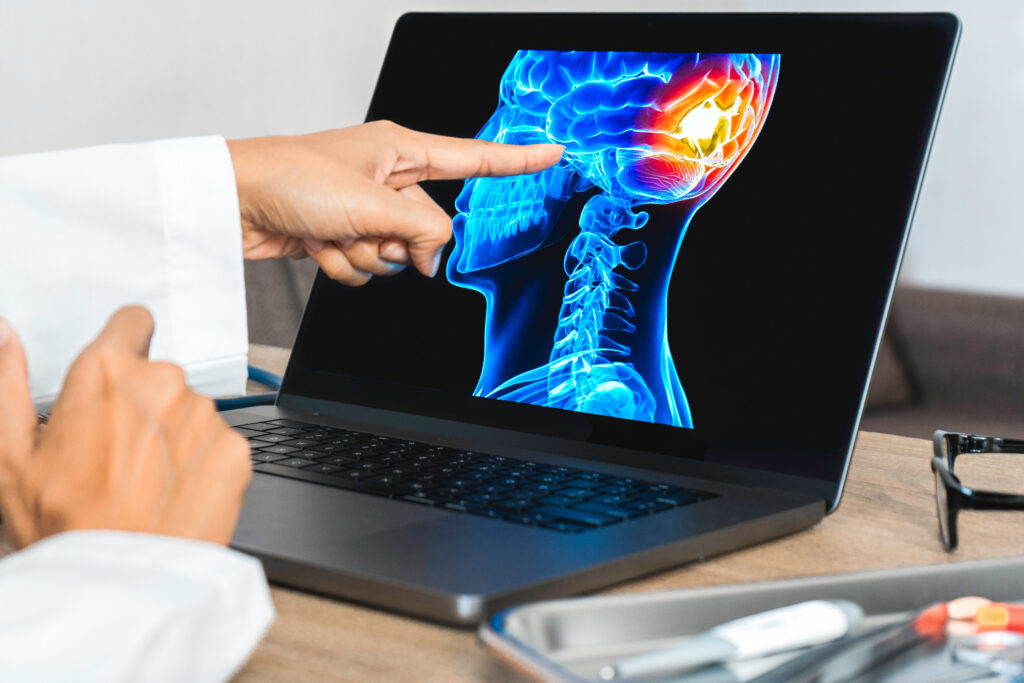
Cranio-cerebral trauma (CCT)
The CCT project aims to study the impact of photobiomodulation in the recovery process of patients with mild to severe traumatic brain injury.
The first objective of this research is to evaluate whether the use of photobiomodulation can help prevent the development of hematomas by improving oxygenation of the affected area during the first week following trauma.
The second objective is to analyze whether the application of near-infrared light can promote the recovery of cognitive functions up to one month after the trauma.
The LUCIOLE Cap is a prototype medical device designed by the Fonds Clinatec to study the impact of photobiomodulation on brain cells in head trauma. Clinical trials using this medical device are scheduled to take place shortly at the Grenoble Alpes University Hospital and the Lyon Civil Hospices.
Pr Payen [CHU Grenoble Alpes] – Pr Luauté [HCL]
Pr John Mitrofanis – Dr Malvina Billères – Lucile Cochard – Edouard Leroy [CEA]
We need your help to get new treatments to patients faster
Your donations pay for the additional staff and other resources we need to accelerate our research. Contact the Clinatec endowment fund today. Our people will be happy to work with you to see how you can best help us: contact@fonds-clinatec.fr.
